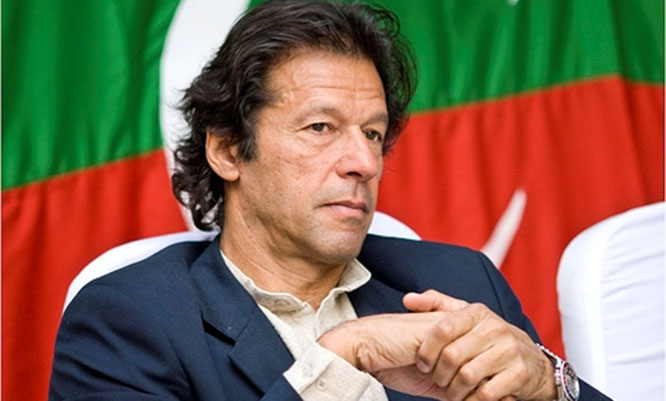
New Delhi, Jan 18: India’s Covid-19 vaccination hasn't got off to a smooth start, with the numbers after two days remaining low due to a combination of factors ranging from technical glitches in the Co-WIN software to a certain degree of vaccine hesitancy among recipients.
On Sunday, more than 17,000 people received the vaccine at 553 sites in six states — four of them in south India. The maximum number of sessions were held in Andhra Pradesh (308) followed by Tamil Nadu (165), Karnataka (64) and Kerala (1). The other two states are Arunachal Pradesh (14) and Manipur (1).
Going by the government’s plan of doing 100 vaccinations at each session site, nearly 55,300 persons should have been vaccinated on Sunday. Instead, only 17,072 individuals got the shots – a shortfall of 69%. Similarly the deficiency on day one was 38% as 2,07,229 persons received the jab instead of 3,35,200.
“Vaccination is not mandatory. While a state may schedule 100 vaccinations on a site it may end up vaccinating either 100 or only 10 at that site,” a spokesperson from the Union Health Ministry told DH on Sunday.
A senior health ministry official said states had been advised to do the Covid-19 vaccinations four days in a week to ensure that the routine immunisation services are not disturbed.
Andhra Pradesh is the only state that decided to carry out the vaccination drive six days in a week because of a dedicated cadre, whereas most of the states stuck to the four-day schedule. Some smaller states and, surprisingly, Uttar Pradesh will undertake the drive only twice a week.
"These are early days. The technical glitches of Co-WIN and coordination mechanism need to be fine-tuned to enhance the capacity,” Giridhar Babu, an epidemiologist at the Public Health Foundation of India, observed.
Manohar Agnani, Additional Secretary, Health Ministry, said that in the first two days 447 adverse events (AEFI or adverse event following immunisation) were reported but only three required hospital stay.
Two persons, who were admitted at Northern Railway hospital in Delhi and All India Institute of Medical Sciences in Delhi, have been discharged while a third person is under observation at AIIMS, Rishikesh, and is doing fine.
On Saturday, Agnani admitted reports of technical glitches in Co-WIN software, but claimed that the issues had been resolved. However, the vaccination programme has been put on hold due to Co-WIN glitches in Mumbai while several sites across the country, including the National Capital Region, and places in Maharashtra also experienced technical issues with the software.
People's cautious approach are also contributing towards vaccine hesitancy. “There are apprehensions among the healthcare professionals and many are following a wait and watch approach,” said Oommen John, a senior public health researcher from the George Institute for Global Health, Delhi.
This view was echoed by B L Sherwal, medical director of Rajiv Gandhi Super Specialty Hospital, New Delhi.
"There is a little bit of apprehension (about the vaccine). Also, people in India adopt a 'wait and watch' approach in important matters, be it purchasing a new car or an appliance. There is a need for creating more awareness and building confidence among people," said Sherwal.







Comments
Add new comment